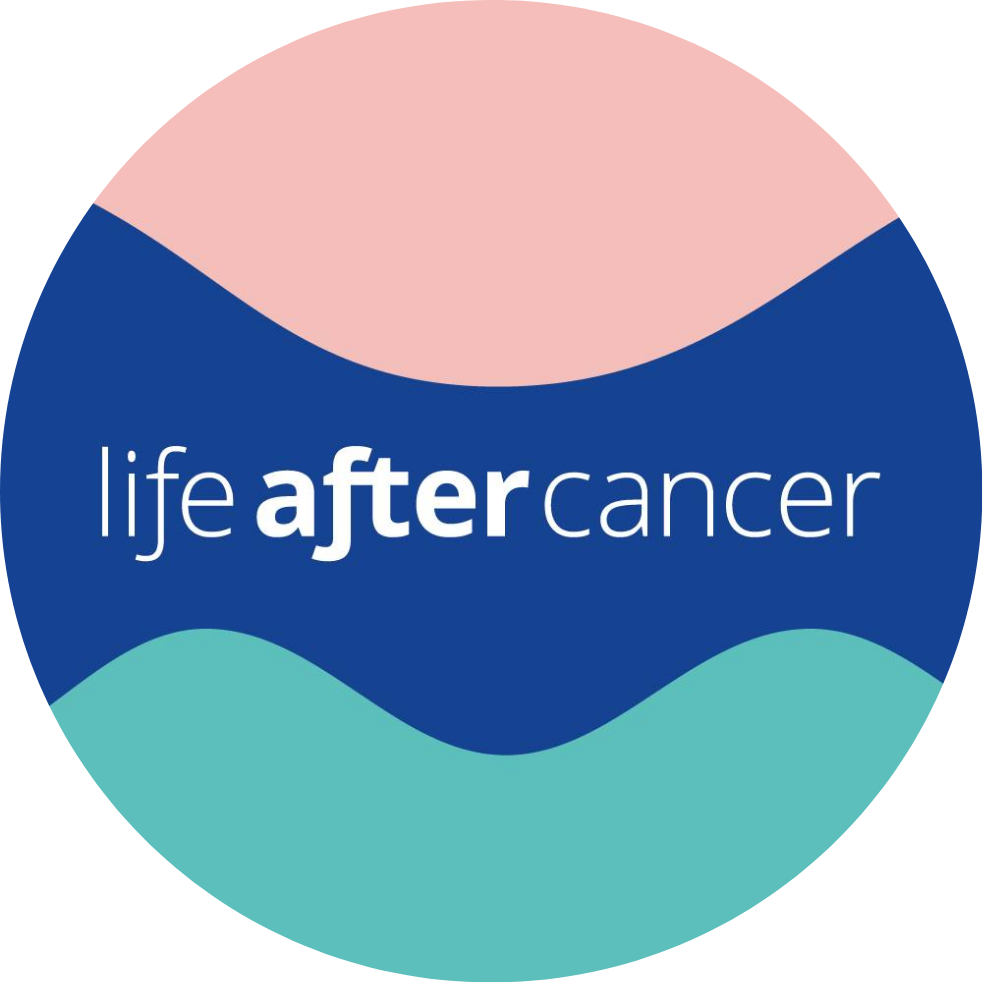Top 5 Benefits Of Peer Support Groups in Your Post Cancer Journey.
- Life after Cancer

- Oct 29, 2021
- 4 min read
Updated: Mar 14, 2022
Navigating the highs and lows of life after cancer treatment can feel overwhelming, but you do not need to navigate this journey alone.
Friends and family offer excellent support but it is believed that peers can form a stronger therapeutic bond because they have experienced post-cancer struggles themselves.

You might never have reached out to anyone about the issues you are experiencing, and we know it can feel scary, but our Life After Cancer peer support groups provide a safe space to share your thoughts and feelings with those from the cancer community.
5 Benefits of Peer Support Groups in Your Post Cancer Journey:
1. "Has anyone else..."
You might have felt misunderstood when discussing cancer concerns with your normal friendship group, if you haven't experienced cancer it is hard to understand the emotional trauma you go through. The most common response for those first attending a peer support group is - 'I thought I was the only one!'.
The one thing you will find from within the cancer community is that your concerns are shared. There is validation in knowing that you are not alone. Finding community brings about a sense of relief and belonging at being heard for the first time.
2. “I think talking about cancer makes my family feel uncomfortable"
Your family and friends may be baffled why you feel down despite being given the good news of an all-clear. The problem with society is how it frames cancer survivors as "brave, inspirational, fighters" which leaves little room in this narrative for anxiety, depression and grief.
When you are in a safe and supportive environment, such as the Life after Cancer support group, you can explore and share with confidence your feelings and concerns with your peers. By allowing yourself to express all of the feelings you are experiencing, you are honouring yourself and your emotions.
Sharing openly can be a very therapeutic and healing experience, especially as you will be heard in an atmosphere of acceptance, understanding, and encouragement.
3. "I found this helpful..."
Google can be an overwhelmingly scary place to look for cancer advice (there are 7.6 billion results for you to sort through!). Support groups are a great place to ask questions to others who might have had the same experience and are in a position to offer first-hand practical advice.
Group members may also provide signposts to mental health resources, products, books or websites that helped in their recovery. Your story and experiences are just as valuable as everyone else's and you might have information that will be invaluable to someone else.
4. "Your story gives me hope"
Our support group is open to everyone who has experienced cancer. Some members will be new to the post-cancer wilderness whilst others may be further ahead in their journey.
It is powerful to see others making successful strides towards a happier and healthier life.
Seeing your peers show resilience and strength is empowering, giving you a renewed sense of hope for your own future.
5. "I am starting to feel so much better"
Peer support aims to increase physical, mental, emotional and social wellbeing. Receiving emotional support reduces the risk of serious mental distress which can have a positive impact on health.
As you work through any issues and concerns you have with the group, you may begin to notice a reduced level of distress. This is a positive sign that progress is being made.
If you haven't thought about joining a cancer support group, what is stopping you?
Support groups can be rewarding and play a vital part in a successful recovery plan. The cancer community is amazing and our support group can encourage and inspire, whilst also reminding you that you are not alone.
How does the Life After Cancer support group work?
Our free online weekly support group provides meaningful and accessible peer support in a confidential space.
Your story is valuable and sharing helps not only you but the whole group too. You will find a supportive forum for exchanging perspectives, sharing concerns and you might find that by participating you will gain confidence to face the future.
Joining a group can feel scary, but modern technology means that you can join from the comfort of your home via Zoom. Our informal support groups are limited to 12 members and are facilitated by ICF trained coaches who have a personal experience of cancer.
Do I have to share my feelings?
Try to commit to attending at least a few sessions as it may take a few to feel comfortable within a new group. You do not need to commit to attending every week as we know life gets in the way. There may be occasions when you feel like you want to take a break or you need to drop back in for more support.
You can share as little or as much as you like. You do not have to talk about anything that you do not feel comfortable with. It may take you a few sessions before you find the courage to share.
If you really feel uncomfortable and would prefer one-on-one support, we do offer individual sessions priced on a sliding scale, find out more here.
How can I get the most out of the support sessions?
Take time to absorb information from those in the group and learn from the tools and strategies of others. When you feel the time is right, share your story, your fears, and your achievements. Just as sharing will help you own your true feelings, you are also contributing to the healing of others by being open.
If you are ready to join our cancer peer support group check out more information for further details. We are here whenever you are ready to take those next steps.




Comments